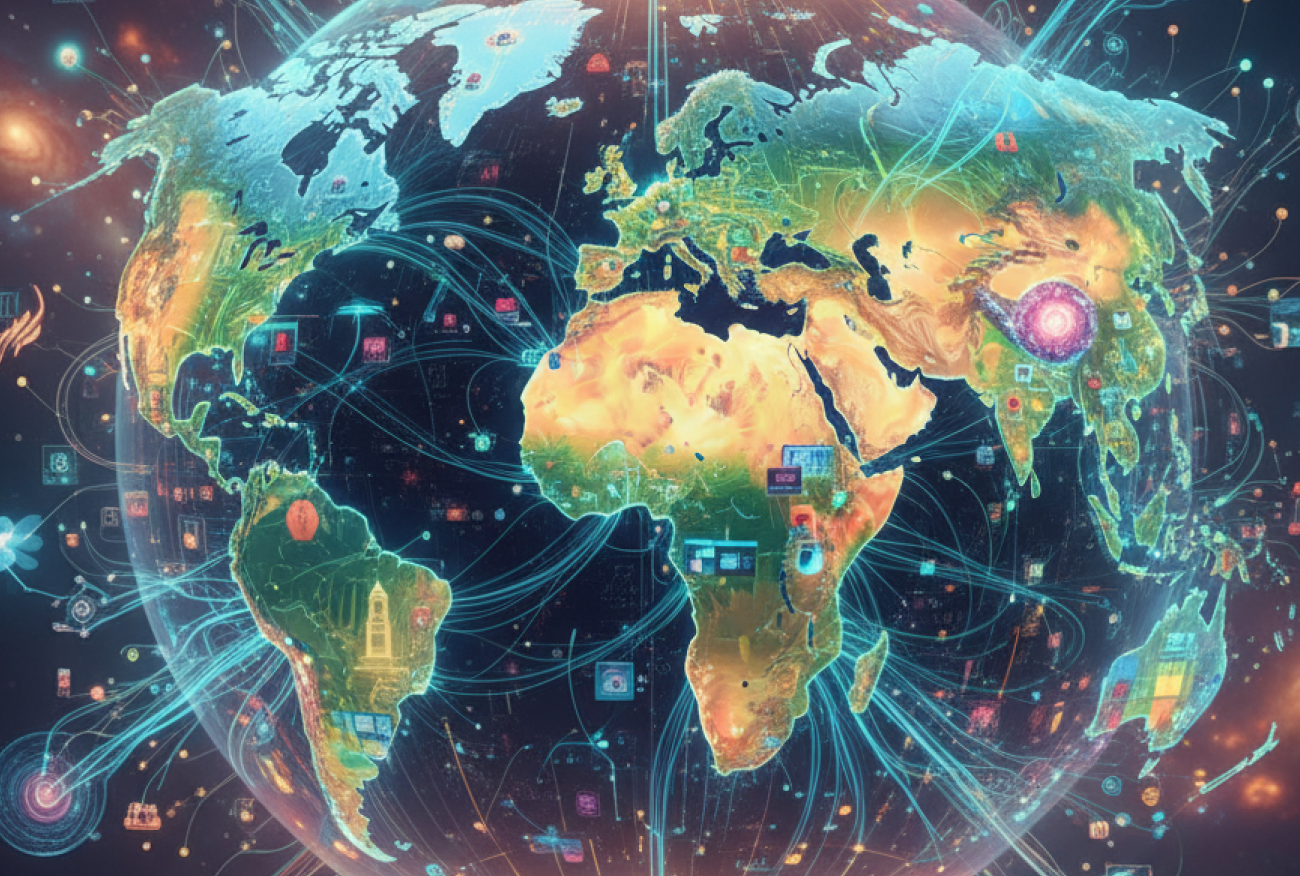AI Weekly Wrap: From Ethics to Infrastructure - November 2 - 9, 2025

Artificial intelligence is advancing at lightning speed, making it hard to keep up. Over the past week, discussions about AI have reached everyone - from corporate boardrooms to government halls, and even the Vatican
1. OpenAI Sounds the Alarm
OpenAI released a public statement warning that AI capability is accelerating far faster than most experts predicted. The company said we’re now approaching a point where AI systems could begin making scientific discoveries without human guidance - a huge milestone that also carries risk. The team urged global cooperation, safety research and transparency to make sure AI remains a force for progress, not chaos.
2. Europe Rewrites the AI Rulebook
In Brussels, the European Commission proposed major changes to data-protection law through a new “Digital Omnibus” package. It’s a big update to GDPR that would clarify how data can be used for AI training, redefine what counts as “personal” information, and offer new exemptions for research and innovation. Policymakers say it’s about keeping Europe competitive while still protecting privacy - a balancing act that’s been tricky for years.
3. AI Enters Local Politics
In the UK, residents are turning to AI tools to help them write formal objections to local planning applications, everything from housing projects to supermarket builds. The system generates polished, legally formatted letters based on a user’s short description. Some experts worry this “AI-powered NIMBYism” could clog up planning departments and slow development, while others argue it gives ordinary citizens a stronger voice in local decision-making.
4. The Vatican Weighs In
At the Builders AI Forum, Pope Leo XIV called on developers to treat AI as both a technological and moral project. He urged the tech community to design tools that enhance human dignity, fairness, and social connection, not replace them. The speech resonated widely, marking one of the clearest efforts yet by religious and ethical leaders to enter the AI conversation on equal footing with scientists and policymakers.
5. Microsoft’s AI-Enhanced Windows 11 Update
Microsoft rolled out its November 2025 Windows 11 update, and this one is quietly packed with AI features. Users now get smart file suggestions, context-aware actions, and an upgraded Start menu that surfaces what you need before you search. The update also includes improved voice control, tighter privacy settings, and adaptive widgets that learn user habits. It’s another step in Microsoft’s steady march toward an AI-integrated desktop experience.
6. Building the Backbone
Beneath all the headlines, a quieter revolution is taking place: global infrastructure expansion. Massive data-centre projects are underway across North America, Europe, and Asia to meet AI’s growing demand for compute power. Many are built with renewable-energy systems or located in cooler climates to save power. The scale of these developments suggests the next phase of AI won’t just live in code - it will be powered by an entirely new physical backbone.
The Takeaway
This week showed how multi-layered the AI story has become. It’s not just about smarter algorithms, but rather about ethics, law, infrastructure and the ways AI touches everyday life. From Brussels to Seattle to Rome, leaders are shaping the rules and tools that will define the next decade of innovation.
References:
1. https://www.livemint.com/technology/tech-news/openai-warns-of-catastrophic-risk-amid-exponential-ai-development-heres-why-11762650700012.html
2. https://ppc.land/european-commission-proposes-major-gdpr-changes-for-ai-and-data-processing/
3. https://www.theguardian.com/politics/2025/nov/09/ai-powered-nimbyism-could-grind-uk-planning-system-to-a-halt-experts-warn
4. https://www.catholicnewsagency.com/news/267675/pope-leo-xiv-calls-on-catholics-to-lead-in-ethical-ai-development
5. https://www.windowscentral.com/microsoft/windows-11/top-7-features-coming-on-windows-11-with-the-november-2025-update
6. https://www.datacenterknowledge.com/data-center-construction/new-data-center-developments-november-2025

